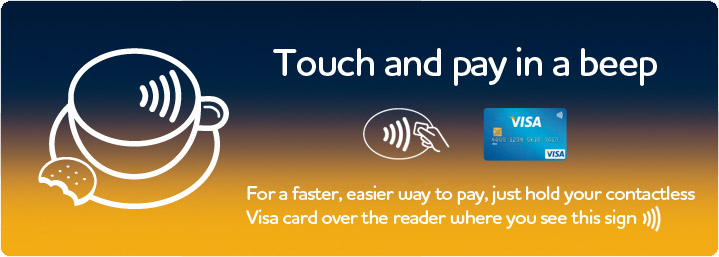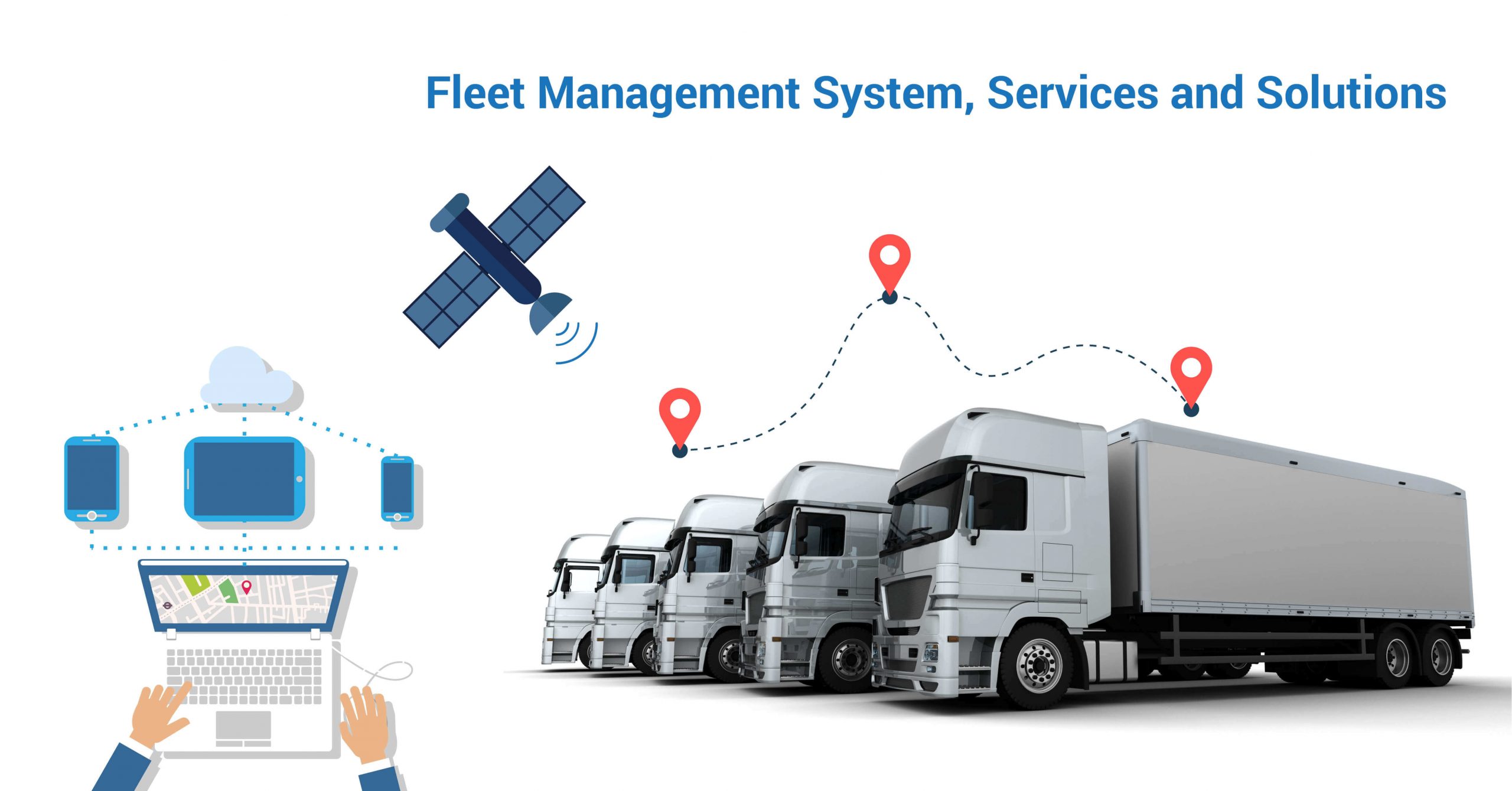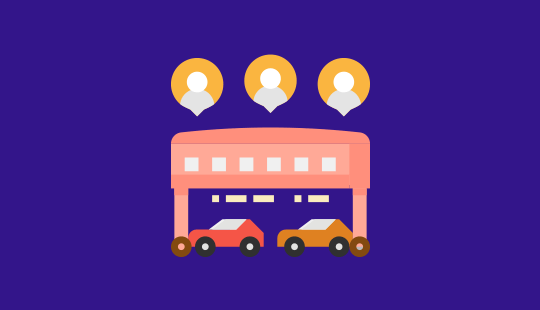The wave of Mobile technology has hit all aspects of our lives, and now there is a mobile app for almost everything we do. From the Health Sector to Education, Media, and even transportation, the world has changed rapidly, thanks to mobile app development technology.
Whether you are in Paris, New York, Lagos, Beijing, or New Delhi, this smart technology is changing the transportation sector and fostering a closer level of interaction between transport operators and passengers.
Today, there is no need to queue up at the bus or train station or at the airport to buy tickets at rush hour.
You can pay for a ride or book your flight from the comfort of your room on your mobile device. With some travel apps, you can get up-to-date information about any delays or changes in schedules. Train conductors now use mobile Phones.
Reports have it that integrating the Mobile application in the transportation sector is the top strategic priority for over 83% of mobile transportation executives. Experts in the industry think that the smartphone revolution in the transport sector is the most important innovation of the decade.
Is mobile app development really changing the face of the sector? How is it easing transportation and how can transport operators take advantage of mobile technology? These questions have been answered below. Read on!
1. Mobile App Facilitate Contactless Payment

Mobile technology is changing how travelers buy tickets for their trips. People no longer need to need to make bank deposits neither do they need to purchase tickets from transports officials over the counter. On their mobile devices, they can purchase travel tickets without needing to meet anyone.
For example, Oyster smart cards have been used in London to pay fairs on city buses and the tube since 2003. In 2014 however, a new payment system enabled commuters to use credit or debit cards for contactless payments.
This system is increasingly being replaced by a more favorable and efficient means of payment via their mobile devices. Today, by just swiping a bar code on their mobile devices to gain access to the system, people can pay for trips in advance.
This technology is not only utilized in London. Is it not the only city using this technology? An Accenture survey has it that travelers in nine major U.S. cities prefer having to pay for their journey with a mobile app, overusing the traditional means of over-the-counter ticket purchasing. Interestingly, over 75% of them do not mind paying service charges and other extra fees just so that they can use their smartphones to purchase tickets.
Read more: How to Choosing a Payment Gateway?
In response to the demand for contactless payments, many transport companies are beginning to revamp their infrastructure for smart cards so that they can upgrade to NFC or barcode technology. Many transit agencies are currently revamping their infrastructure and adding smart cards to upgrade to barcode or NFC technology.
2. Accurate Scheduling
Another way mobile app development technology is transforming the transport sector is in ‘scheduling.’
With mobile technology, it is not only used to make contactless payments. It can also be used for accurate scheduling. For example, mobile applications like ‘Yarra Trams.’ With their complex system of data collection sensors, they keep their trams on schedule. Similarly, commuters can use the team tracker app to have access to the data. Through real-time data analytics, the app keeps them abreast of their schedules, delays, alternate routes they would need to take, etc.
The information is conspicuously displayed on the company’s website and also on display screens throughout the network. On their mobile devices, their passengers can get accurate information and advice on where they need to go, how long they have to wait for their train or bus.
3. It Improves Safety
Mobile technology is also becoming very popular among transportation agencies because it helps the drivers and the transport directors to have smooth and accurate communication. As a result, a higher standard of efficiency and safety is maintained.
For example, to ensure operational safety, the railway company in India uses a GSM network for its high-speed train lines.
The reason is that with the radio network equipment, conductors can communicate with one another and with the operation centers. With this constant communication, trains can run regularly without hitches, and safety is assured.
4. It Reduces Road Congestion
Mobile technology in the transport sector indirectly reduces road congestion.

As a result of the introduction of a mobile-app enabled system for ticket purchases for buses and trains in London, there has been a considerable reduction in the number of cars on the road. People started using buses, taxis, and trains instead of their private cars.
When taking the bus or train becomes more convenient, the number of people relying on public transportation will definitely increase, and the number of cars on the street will diminish. Public transportation is cheaper and safer (for the environment) than private transportation.
5. Fleet Management is Improving
Mobile technology does not only ease public transportation; it aids business too. Fleet or logistic owners are the most beneficiaries of this technology.

To ensure that the drivers make pickups and deliveries on time, the major concern for fleet owners is route planning and management. Another area crucial to the success of the business is ‘driver tracking.
’
Today, there many mobile-enabled route planning software that helps business owners plan routes for their drivers within minutes. They do so by factoring in all the latest updates, like the traffic roads to avoid due to construction, left-turns, and avoiding U-turns downtown.
With GPS Tracking, mobile apps can also track where the drivers are on the road. With such information, they can take actions like re-routing another driver if the driver is running behind schedule. If the car breaks down and the driver is stranded in a remote area, a repair team can be sent to fix or tow the car.
Logistics or fleet owners can do all these and more with smartphones. All they need to do is to download the mobile app. Mobile apps help simplify operations.
Mobile app development companies have further given the transportation industry a boost. With mobile apps commuters do not need to waste unnecessary time waiting for taxis, they can stay at home and order and pay for taxis on their mobile devices. In addition to this, the fear of missing the bus is eliminated because these mobile applications have schedule information they can follow. With tracking options on mobile devices, passenger safety is not compromised.
Mobile technology in the transportation sector is not an innovation, it started in 1988. Today, the growth and expansion of the industry for transit companies that favor mobile-enabled operations have attracted many other companies. The effect, of course, is massive advancements in the industry around the world.


